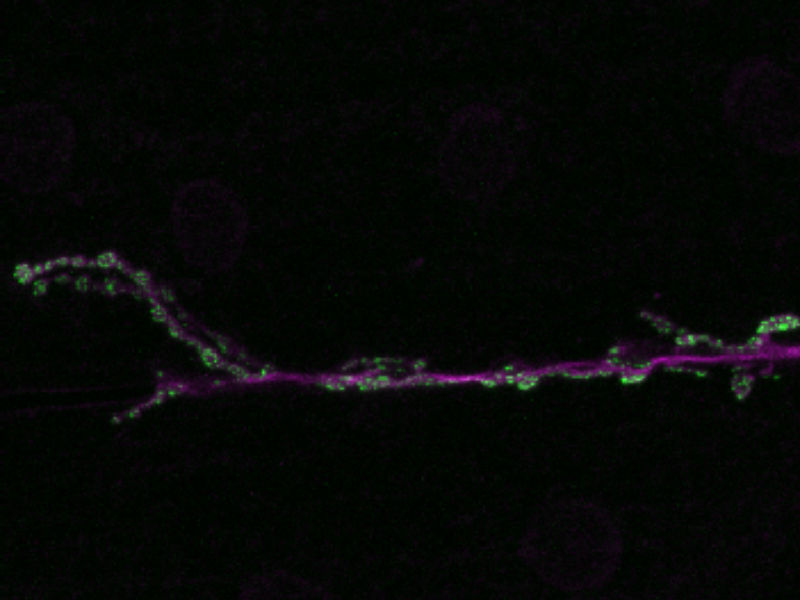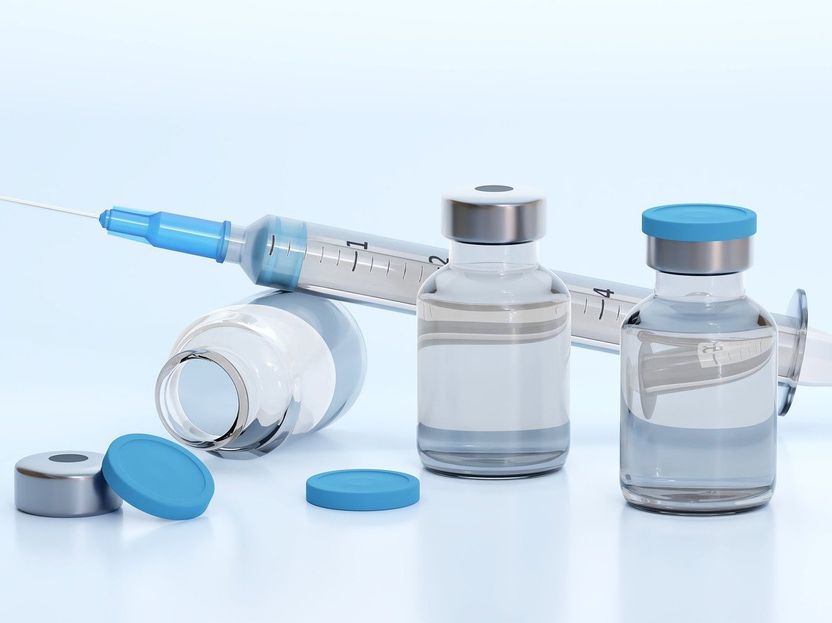ProtAffin AG granted patent in EU for CellJammer discovery technology
Novel technology enables development of a new class of biopharmaceuticals
ProtAffin AG announced that it has been granted a key patent by the European Patent Office protecting its CellJammer® discovery technology, which enables the development of a new class of biopharmaceuticals. The Company has initially applied this technology to chemokines, a large class of pro-inflammatory and pro-migratory proteins, which can be modified using the technology, converting them into anti-inflammatory decoy proteins. The company’s lead program based on this technology is PA401, a first-in-class biological that is in pre-clinical development for COPD and other lung diseases where neutrophils cause chronic lung damage.
Over 40 chemokines have been identified to date and they represent a high priority target class for a number of major pharmaceutical companies in respiratory disease, autoimmune/ inflammatory diseases (AAIDs), stem cell mobilisation, cancer and HIV. The CellJammer® discovery technology enables ProtAffin to discover and develop biopharmaceuticals with a novel mechanism of action which may avoid a number of the problems currently experienced by industry using more traditional modalities to target chemokine activity.
Prof. Andreas Kungl, CSO of ProtAffin commented: “We are very excited by this important broad grant of patent claims protecting our CellJammer® discovery technology. We have identified a novel way to down-regulate chemokine activity by using biopharmaceuticals based on decoy chemokines which target glycans. Our lead program PA401, a decoy IL-8 protein, has already generated exciting 2efficacy data in preclinical models of COPD, showing differentiated pharmacology compared to other established anti-inflammatory therapies. Following the broad grant of claims for our unique approach to discovering biopharmaceuticals in respiratory and AAID, we look forward to discussing with interested Pharmaceutical and Biotech companies the potential to collaborate in the discovery and development of differentiated biologics which could offer specific advantages over monoclonal antibodies and small molecule therapeutics.”
Organizations
Other news from the department research and development

Get the life science industry in your inbox
By submitting this form you agree that LUMITOS AG will send you the newsletter(s) selected above by email. Your data will not be passed on to third parties. Your data will be stored and processed in accordance with our data protection regulations. LUMITOS may contact you by email for the purpose of advertising or market and opinion surveys. You can revoke your consent at any time without giving reasons to LUMITOS AG, Ernst-Augustin-Str. 2, 12489 Berlin, Germany or by e-mail at revoke@lumitos.com with effect for the future. In addition, each email contains a link to unsubscribe from the corresponding newsletter.
Most read news
More news from our other portals
Last viewed contents

CSIC researchers find the role of a protein in the regulation of synapse formation - The work raises the need for a balance between the Pinkman protein and the sHSPs proteins during the development of the nervous system for its correct formation
Affymetrix Selected to Genotype More Than 9,000 Framingham Heart Study Samples - SHARE Project to Help Identify Genetic Variants Associated With Heart, Lung, Blood and Sleep Disorders

New app calculates corona infection risk in rooms - Size of aerosol droplets that virus carriers release strongly influences infectivity
Northern_Norway_Pharmaceutical_Trust

Cell culture: The opportunities and the challenges - The promise of cell culture is accelerating demand, and emphasising the challenges, of this process
Crucell Teams up with ACE BioSciences and Harvard to Accelerate Bacterial Antibody Program
St_John_Ambulance_in_England_and_Wales
Harold_Ridley_(ophthalmologist)
Henry_Suter




















































